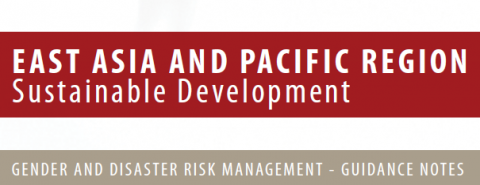Urban Livelihoods Recovery, Lessons from Port-au-Prince, Haiti
The earthquake that struck just south of Port-au-Prince, Haiti, on 12 January 2010 led to the loss of more than 220,000 lives, over 310,000 injuries and extensive damage to the city’s buildings and infrastructure. In June 2010, the British Red Cross (BRC) began to implement an integrated recovery programme in Port-au-Prince, including livelihoods, shelter, water, sanitation and hygiene activities. The livelihoods component of the programme involved two main stages: […]
Urban Livelihoods Recovery, Lessons from Port-au-Prince, Haiti Read More »

